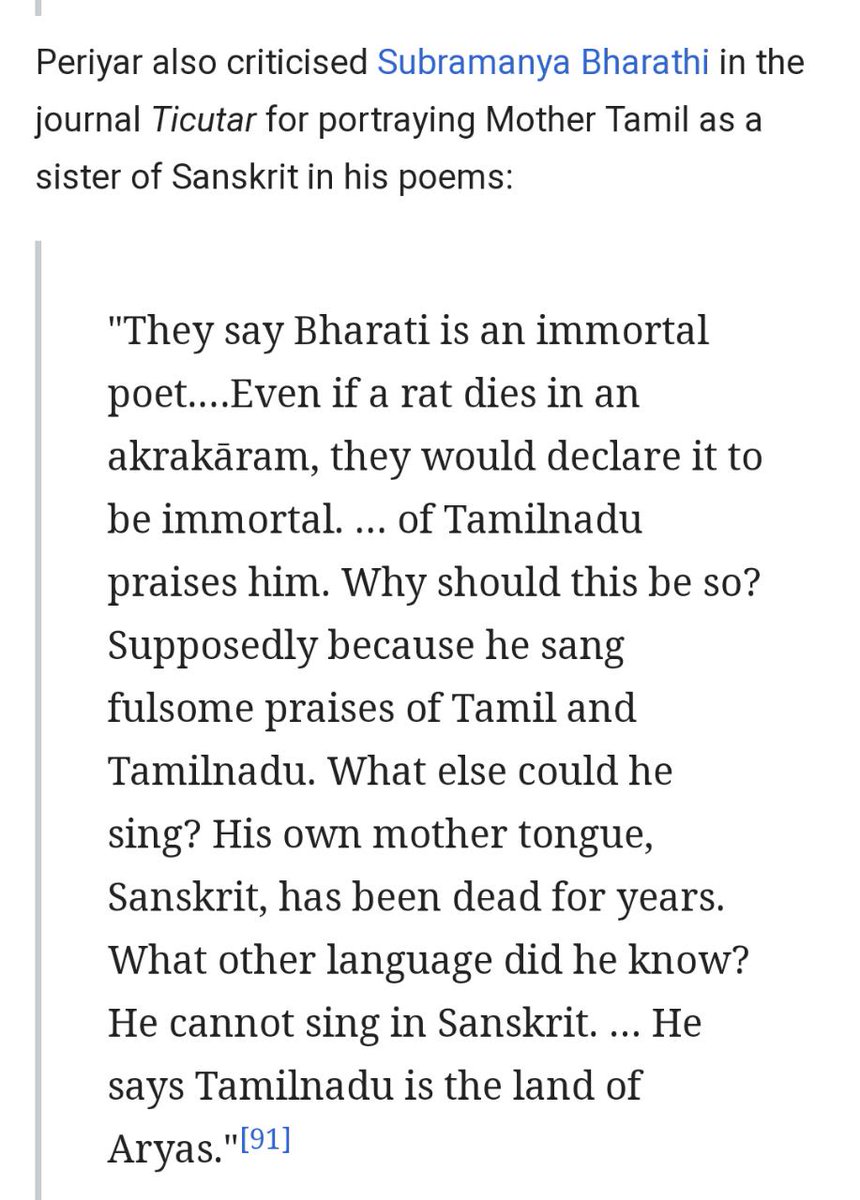I am in a community—God rectify her!—a stranger like Ṣāliḥ among Thamūd
أنَا في أُمّةٍ تَدارَكَهَا اللّـــ ـــهُ غَريبٌ كصَالِحٍ في ثَمودِ
والنجم والسيّار والفلك الدوّار والليل والنهار إنّ الكافر [أو: الإنسان] لفي أخطار إمضِ على سبيلك [أو: سننك] واقْفُ أثرَ مَن كان قبلك من المرسيلين فإنّ الله قامعٌ بك زيغ من ألحد في دينه وضلّ عن سبيله
[2] wa’l-falaki ’d-dawwār
[3] wa’l-layli wa’n-nahār
[4] inna ’l-kāfira la-fī aḫṭār
[5] imḍi ʿalā sabīlik
[6] wa’qfu aṯara man kāna qablaka mina ’l-mursilīn
[7] fa-inna ’llāha qāmiʿun bika zayġa man alḥada fī dīnihi wa-ḍalla ʿan sabīlih
[2] and the firmament turns
[3] and night follows day,
[4] the infidel is in dire straits.
[5] Proceed on your way
[6] and follow in the footsteps of those messenger sent before you,
It's uncertain whether or not this example (and others like it) are actually his compositions. But his poetry was, and still is, widely admired as a paragon of Arabic verse.
books.google.com/books?id=jkiXK…












